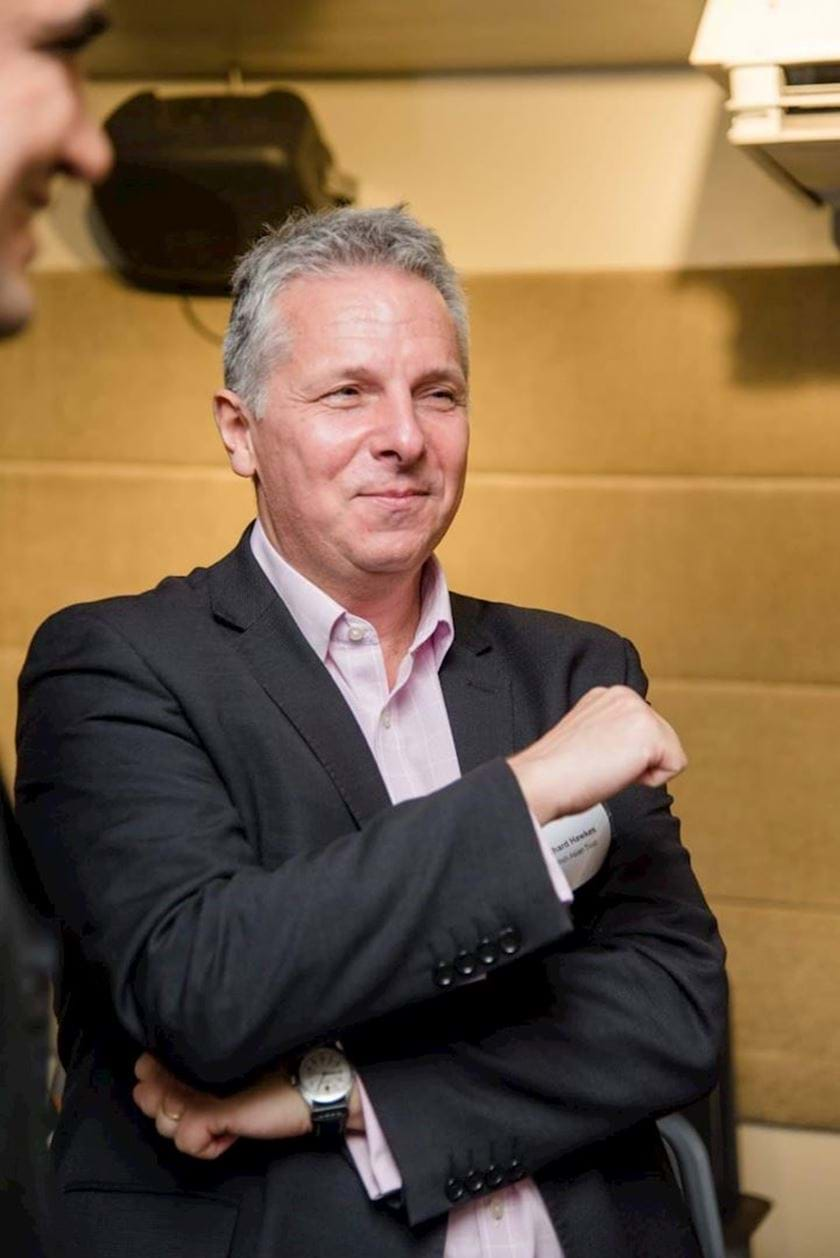Merging DFID and the Foreign Office – not a big surprise; presents new opportunities
It was recently announced by the Prime Minister that the Department for International Development and the Foreign Office would be merged to create a new Foreign, Commonwealth and Development Office.
At the British Asian Trust, we were not surprised by this decision, as it is something the Prime Minister had often talked about. We also believe that, done well, this new Department has the potential to build on the tremendous legacy of DFID and ensure that the UK can make an even more positive difference globally in the years ahead.
Ever since a Ministry for Overseas Development was created in 1964, the UK has played a major role in seeking to bring an end to poverty around the world. Different governments have given development and aid varying levels of priority and the strategic focusses have always depended on global circumstances and Government politics. The Government Department responsible has regularly moved between being independent and being part of the Foreign Office. When the separate Ministry was established by the Labour Government in 1964, the first three holders of the office serving in the Cabinet. In 1967 the office was demoted, not to return to Cabinet until 1997. The Conservatives returned the department to the Foreign Office in 1970, Labour separated it in 1974, the Conservatives put it back in the Foreign Office in 1979, Labour made it independent ion 1997 and now, in 2020, the Conservatives have brought the two together to create the FCDO, a larger Department that actually has “Development” in its title.
The one consistent throughout these years has been the difference UK aid has made globally.
This has especially been the case since DFID was created and the UK Government signed up to a commitment that 0.7% of GNI would go towards international aid and development. This has ensured that the UK has been recognised and celebrated as a global leader in this space and it is widely accepted that DFID has really delivered enormous impact.
We believe that the new FCDO can build on these successes and the UK’s credibility in this area and deliver even more.
Amongst other things, the Government has said that it wants this new Department to have greater impact on the things that matter most and deliver value for every pound spent.
It is this value for money and the impact that can be made that will matter most to the supporters of the British Asian Trust. Far more than the name of the Department responsible.
As an organisation driven by the entrepreneurial spirit of the South Asian diaspora, the British Asian Trust therefore welcomes this increased focus on impact and value for money. We have long argued that to stand any chance at all of achieving the SDGs we must make more effective use of the available resources. The funding gap is too large to believe it can be filled, especially in a post Covid world. What is required is a fundamental change in the way that resources are used, the way that funding works and the way that development is delivered. Our award-winning work in social finance is at the heart of these changes – focussing on impact, outcomes, evidence and value for money; and developing initiatives such as Development Impact Bonds which require funding only to be given once outcomes have been achieved.
We welcome the Prime Minister’s commitment to continue committing to 0.7% of GNI being used to drive development. But we urge the Government to use the merger as an opportunity to be even more radical in the way that development is delivered. Embrace partnerships with the private sector and recognise that a purpose-driven private sector can have an enormous impact on poverty and disadvantage. Embrace and invest in instruments like impact bonds and outcomes funds that enable multiple partners to work together and leverage each other’s strengths. Focus on results and value for money, rather than on apparently great ideas that have no evidence.
This merger could result in greater impact on poverty, combining the best of DFID and the FCO and ensuring that Global Britain is a dynamic, outward-looking force for good in the world. This will require a whole-Government approach to Official Development Assistance, covering the £2-3 billion of ODA that is spent via other government departments than DFID or the FCO. And it will require a long-term strategy that is focussed on impact and seeks to address serious global challenges, looking beyond just aid.
The British Asian Trust was a great supporter of DFID and we are excited by the possibility of working with the Government to make the new FCDO even more successful and impactful.
Richard Hawkes, Chief Executive, British Asian Trust.
20 July 2020.

